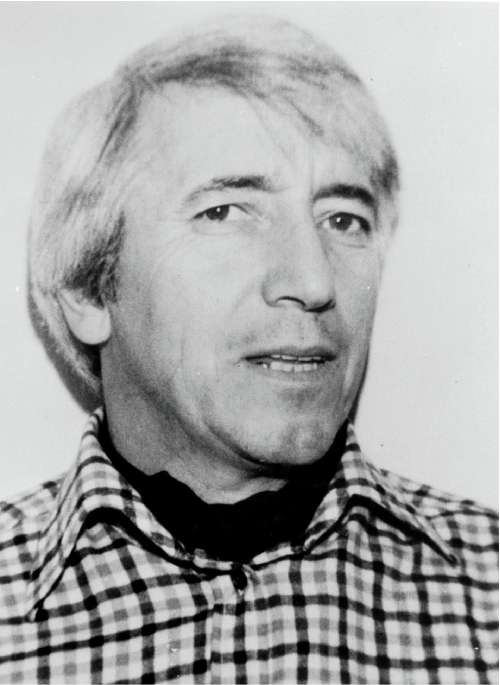Poison umbrella murder case is reopened

Scotland Yard detectives have flown to Bulgaria in a fresh attempt to shed light on one of the murkiest and most controversial episodes in the secret history of the Cold War. A team of senior police officers travelled to Sofia last month, it emerged yesterday, as part of the investigation into the unsolved murder of the Bulgarian dissident Georgi Markov, who was stabbed with a poisoned umbrella while walking across London's Waterloo Bridge in 1978.
The author and playwright, who defected to the West in 1969, was an outspoken critic of the communist regime in his home country and worked as a journalist for the BBC World Service in London. It is believed he had survived two previous assassination attempts. He died in hospital four days after the third attempt. A post-mortem examination revealed traces of ricin in a pin-sized metal pellet imbedded in the writer's calf.
According to Bulgaria's Dnevnik newspaper yesterday, counter-terrorism investigators from the UK have requested archive documents on the case, as well as seeking permission to interview 40 witnesses including the former secret police chief Vladimir Todorov, who served a 10-month jail term in 1992 for destroying files relating to the case.
Scotland Yard confirmed that a small team had visited the former Iron Curtain country. "This inquiry remains open and has been a particularly complex investigation. We continue to work with the appropriate international authorities to investigate any new information that is passed or made available to police," a spokesman said.
Up to five officers spent two weeks in Bulgaria last month, having only visited the country a few weeks before, in March. British police had also flown to the country in April 2007 seeking access to secret documents.
The Bulgarian investigator in charge of the case, Andrey Tsvetanov, told the newspaper: "We are fully co-operating with our colleagues and are having a 100 per cent exchange of information on both sides – something we lacked in the past. We can now talk about a real investigation and analysis of the case. I hope that our collaboration will help exhaust all case scenarios."
The sudden enthusiasm in Sofia will surprise observers of the case, who had assumed it was effectively closed in 2000. But fresh impetus may have come as the 30-year statute of limitations in Bulgaria expires in September. Despite the failure to prosecute anyone, there has been no shortage of theories, claims and counter-claims over the years.
In 1990, the Russian-British double agent Oleg Gordievski claimed that the KGB had supplied the poison and developed the complex delivery system. He also said that the murder itself was carried out by Bulgarian secret agents. The claim was given further credence two years later when another former Soviet spy, Oleg Kalugin, claimed Bulgaria's former communist dictator Todor Zhikov had personally ordered the assassination.
Ten days before Markov's death, another Bulgarian defector, Vladimir Kostov, was attacked in a similar way in the Paris Metro, though this time the assailant was carrying a small bag rather than an umbrella. In his case, the ricin failed to be released.
Markov, who was 49 when he died, was rehabilitated after the collapse of communism in 1990. In 2000 he was awarded the Order of Stara Planina, Bulgaria's highest honour, for his services to literature and his opposition to communism.
Bookmark popover
Removed from bookmarks